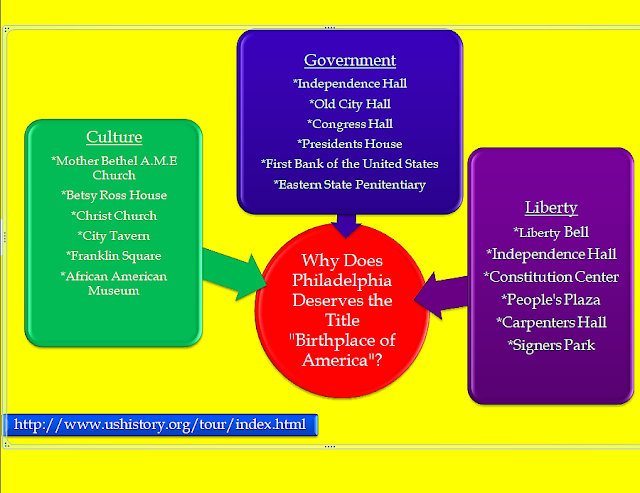Check out my Voicethread created for my students Biography project! For this project students were allowed to choose a person to research according to their own interests an backgrounds as long as that person was involved in a rights movement in the 20th or 21st centuries. Students were also allowed to choose the product they would create to demonstrate their learning. Projects ranged from heavily creative, to heavily artistic to ones that were more like essays. https://voicethread.com/share/10757733/
Posts
The Application of Constructivist/Constructionist Theories in Education
- Get link
- X
- Other Apps
Students learn by doing. That is the basic belief in Constructionist Learning Theory. Constructionism is the belief that children learn best by building an artifact and then sharing it with others (Laureate Education Inc., 2015). It is the process of creating that allows students to either assimilate or accommodate their new knowledge with their previously held schemas to regain the equilibrium that the incorporation of new information had unbalanced (Laureate, 2015). In order for students to truly learn the content being taught they need to be actively engaged in the learning process not passive receptors of information (Orey, 2010). They do this by either changing the interpretation of experiences to fit what they already know or by developing new ways of thinking or looking at things (Laureate, 2015). As educators it is our role to provide the opportunities for students to have these experiences. In the Constructivism Learning Theory it is the ...
Content Map for Virtual Field Trip to Historic Philadephia, Pennsylvania
- Get link
- X
- Other Apps

I implemented this content map with my 8th grade Civics students as we took a virtual field trip through historic Philadelphia. The guiding question for my students to answer was "What makes Philadelphia the Birthplace of America?" Students were asked to sort the places they "toured" into one or two of the three categories, Government, Liberty and Culture. This is the tour we took: http://www.ushistory.org/tour/index.html This is our content map the students filled in:
Behaviorist Theory, Instructional Strategies, and Technology
- Get link
- X
- Other Apps
In simple terms behaviorists believe that all human behavior is learned and that behavior can be changed based on specific stimulus and response, that is to say that a subject chooses one response over another based on their own motivations (Orey, 2010). The type of behaviorism that appears in the classrooms is operant conditioning, where desirable behaviors are rewarded, therefore reinforced and undesirable behaviors are punished (Laureate, 2015). According to behaviorist theory humans will seek out rewards and try to avoid punishments. As teachers we know that it is the rewarding and reinforcing of desirable behaviors that have the most impact on our students, rather than punishments. A powerful way that teachers can affect a positive change in student learning is through encouraging improvement to student effort (Pitler, Hubbell & Kuhn, 2012). As students learn to put increased effort into their learning activities they will begin to see an improvement in th...
Reflective Essay EDUC 6710
- Get link
- X
- Other Apps
Reflective Essay Sarah Arnold Walden University Kathryn Arnold The Impact of Technology on Education, Work and Society EDUC: 6710 March 4, 2018 Reflective Essay Today technology usage is abundant in our society. Almost every person uses technology in some way throughout the course of their day. They may use email, subscribe to a social media account, read or write a blog. They may work remotely or use technology to collaborate with others over a distance. It is important that today we are not only teaching students our educational content and including reading, writing and mathematics across the curriculum but that we are also imbuing them with 21st -century skills. These are the skills that they will need to be successful, not only in high education but in their post education lives. The fundamentals of 21st -century skills can be summarized with the “four C’s, critical thinking, creativity, communication and collaboration” (Blair, 2012)....
Blogging in the Classroom
- Get link
- X
- Other Apps
As I learn more about blogs and their educational value, I have begun to think about how I might incorporate them into my classroom. I had heard of blogs before, and even have friends who blog, but I really just thought of them as an online journal of sorts, as a way to vent or write down thoughts and feelings. I had definitely not considered their value as an educational tool. Blogs could serve a valuable purpose in my classroom. I look toward the future and see students researching and analyzing content. I see them eager to write and comment on my, or other classmates posts. I see their critical thinking skills improve, as well as their research and writing skills as well. I would like to start my blogging experience in my classroom by posting links to current event articles or posts and have students read and respond. Eventually I would like to see my students being the ones to find to...